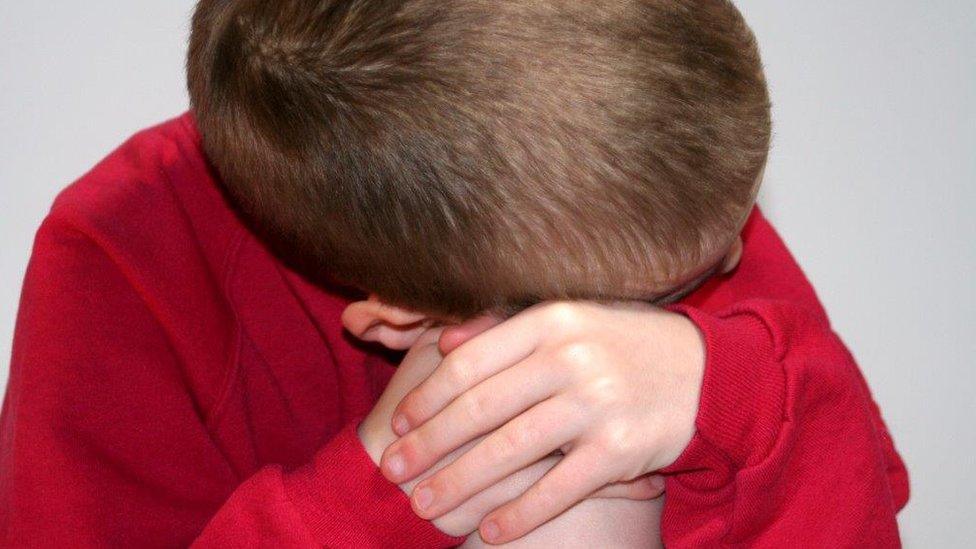Mental health support 'denied to children'
- Published
Michael Buchanan reports on the variation in mental health support in England
More than a quarter of children referred to mental health services in England in 2015 - including some who had attempted suicide - received no help, a report says.
A review by the Children's Commissioner also found that 13% with life-threatening conditions were not allowed specialist support.
She said the system was "playing Russian roulette" with their health.
NHS England said it was "clearly the case" that services need to expand.
The commissioner obtained data from 48 of England's 60 child and adolescent mental health service trusts, and discovered 28% of child referrals were denied specialist treatment - mostly on the grounds that their illness was not serious enough.
This group included children who had attempted serious self-harm and those with psychosis and anorexia nervosa.
It also found that those who secured treatment faced lengthy delays, with an average waiting time of more than 100 days.

Case study: 'Frightened the living daylights out of me'
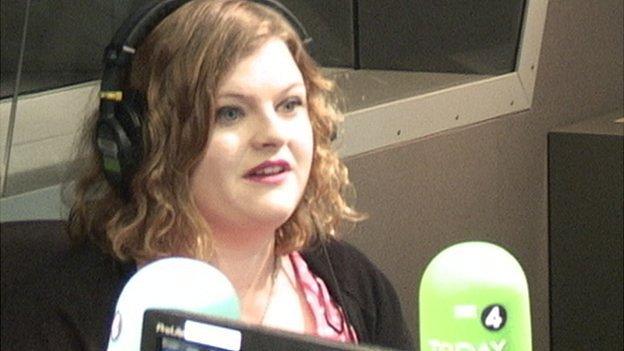
Ellie Fogden, now 19, sought help when she was 16:
I did not become ill immediately at 16. For a number of years, I felt quite down, so to speak. It was constant worrying, pressure from school, and my own body image.
I got to a point where I had had enough. I am waking up every day and I am not wanting to be here.
I self-referred to a local counselling service and I was on a waiting list for about three months and then started sessions. The counsellor was very worried and she referred me to CAMHs.
It took about three to four weeks to get a session. I was in there for about three hours and I was just bombarded with questions.
I wasn't taken seriously enough. Some of the questions were dismissed as - it is not that bad, people have it worse. There was no compassion.
I didn't go back for another CAMHs appointment. It frightened the living daylights out of me.
As I have grown older, it has just gone into a downward spiral where I am currently worse than I was when I was 16, with depression.

Children's Commissioner Anne Longfield told BBC Radio 4's Today programme that she had heard from a "constant stream of children, parents and professionals" about their inability to get help when they really need it.
They go to their GP who refers them to specialists, but the specialists then say their conditions are not serious enough, she said.
"I don't yet know quite why they are being turned away, but certainly being turned away or put on a waiting list for up to six months is clearly playing Russian roulette with their health," she added.
Missed appointments
The average waiting time for those accepted for support ranged from 14 days in a trust in north-west England to 200 days at one in the West Midlands.
More than a third of trusts, around 35%, said they would restrict access to services for children who missed appointments.
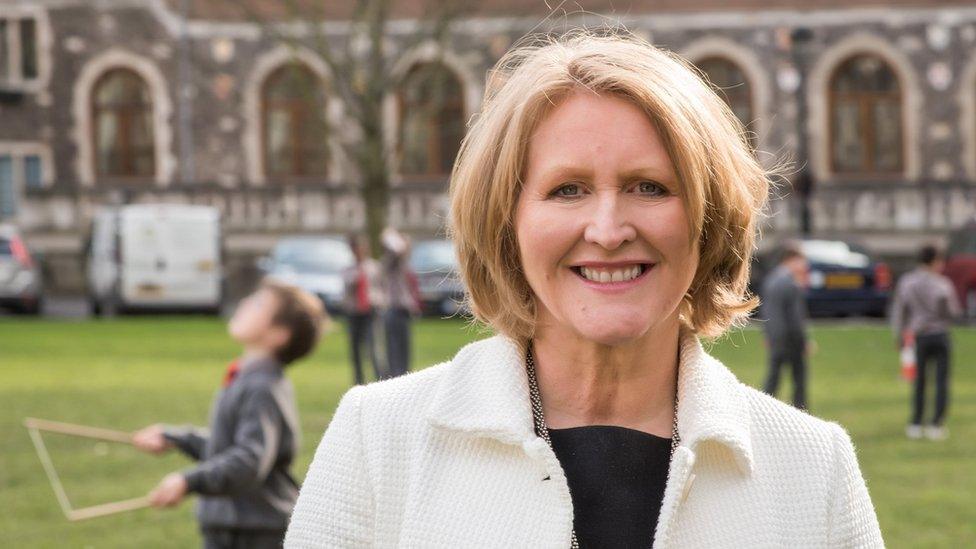
Ms Longfield said services in some parts of the country were doing a much better job than others
Ms Longfield said trusts have told her there was "too much demand" for their services.
"There is more awareness, more people coming forward for help," she said.
But Sarah Brennan, from mental health charity Young Minds, said: "Services have been cut and young people had no where to go.
"They are then more ill when they get help so services have become overwhelmed... Six months for a young person is huge and in that time most young people are becoming more ill."
Natasha Devon, formerly the government's mental health champion, said in order to identify problems in the early stages, it was necessary to look at the root causes.
"Anxiety, for example, is the fastest growing illness in under-21s, and we need to look at what's happening to young people - the culture and the society they live in, the pressures that are on them."
'More compassionate'
James Morris, the Conservative MP who is chair of the all-party group on mental health, acknowledged that problems had been building up in the system over many years and a "fundamental transformation" was required.
"We do need to move towards a more compassionate system for children and young people but the transformation is going to take time," he told the Today programme.
"It's going to require additional investment, better commissioning on the ground."
An NHS England spokesman said: "While the data in this report des not substantiate the conclusions drawn, it is clearly the case that CAMHs services need to expand and the additional £1.4bn pledged will help us to do that."
In March, the Mental Health Network, which represents mental health trusts, said it had seen "no significant investment" in psychiatric services for children in England.
It said it suspects some of the money allocated has been used to support other NHS services instead.
A Department for Health spokesman said: "This investment is just beginning and is creating new joined up plans to improve care in the community and schools to make sure young people get support before they reach a crisis point."
- Published5 March 2016
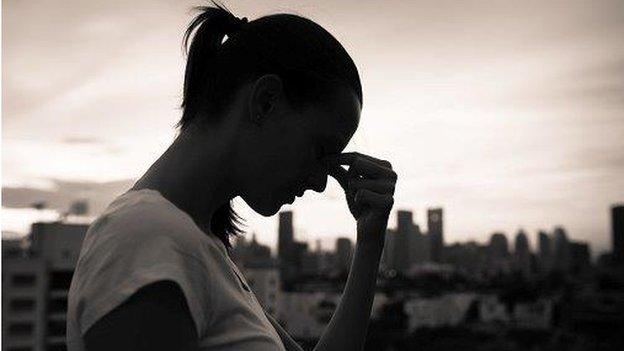
- Published8 March 2016
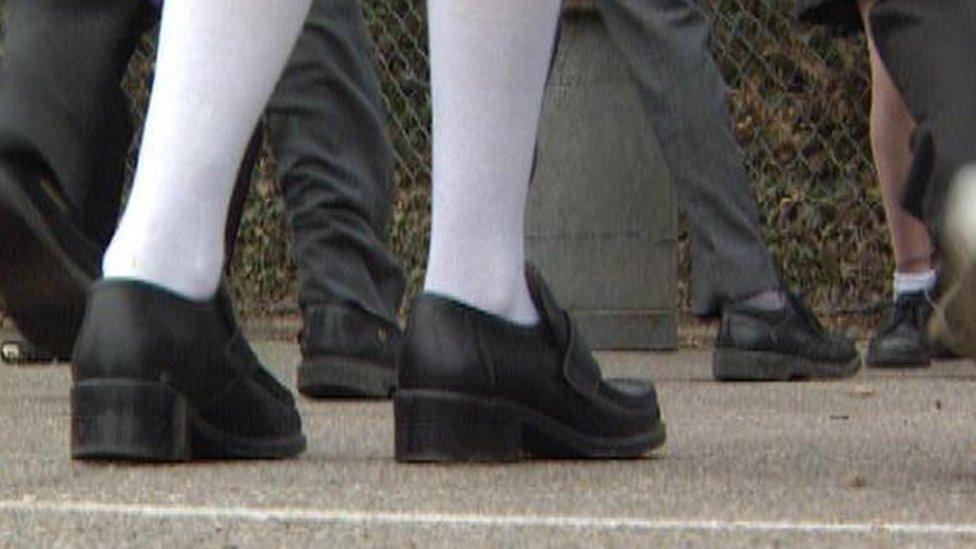
- Published28 April 2016
